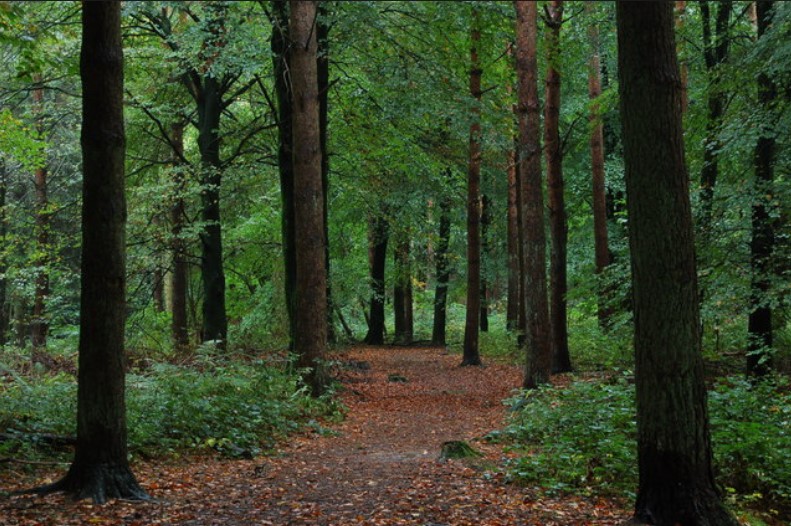An Taisce has said that Minister of State Pippa Hackett’s proposals for forestry appeals will “shut out” the voices of those in rural Ireland.
Deputy Hackett has recently opened a consultation for an amendment to the Agriculture Appeals Act, with a view of streamlining the forestry licencing and appeals regulatory processes.
Dr. Elaine McGoff, natural environment officer with An Taisce, described Hackett’s moves as “very disappointing”.
It’s backwards – it’s very disappointing that one of the minister’s first steps in office is to restrict who can appeal, as opposed to focusing on fixing the actual system to improve the decision making itself.
“This would mean that the problematic decisions will continue to be made, but far fewer people will be in a position to challenge them,” Dr. McGoff said.
‘Reduce the ability of ordinary people’
An Taisce is a member of the ‘Environmental Pillar’, a coalition of 28 national environmental groups who have written to the minister, urging her to reconsider the approach taken in her recently opened consultation.
The bill proposes amendments to the forestry appeals process, which according to An Taisce would “drastically reduce the ability of ordinary people and environmental NGOs [non-governmental organisations] to appeal any forestry decision with potential environmental impacts”.
“The bill proposes a number of significant amendments: curtailing which members of the public may take an appeal; and placing arbitrary and restrictive thresholds on which organisations qualify as environmental NGOs; in addition to introducing fees,” Dr. McGoff continued.
Under the current system, any member of the public may appeal a forestry licence decision, but this bill will introduce the concept of a ‘relevant person’, where in order to be eligible to appeal, an individual must have partaken in the initial forestry application process, or live adjacent to the proposed site.
“The bill also introduces the concept of an ‘environmental body’ who may also appeal licences. However, reminiscent of the ill-judged Housing and Planning Development Bill 2019, the definition of an environmental body is very narrowly construed.”
‘Limiting their access to justice’
Dr. McGoff added that the bill could have serious impacts on local community groups who find themselves faced with extensive afforestation in their local areas, by “potentially removing their right to appeal, effectively limiting their access to justice”.
The bill also proposes the introduction of fees for taking an appeal, which An Taisce said “could see individuals and groups faced with the prospect of thousands of euros in costs for appealing a multitude of problematic licences”.
“Not only would this bill reduce the number of people eligible to take an appeal, it would then impose further financial restrictions upon those eligible few,” Dr. McGoff said.
The current forestry system is broken; An Taisce has repeatedly highlighted that it is not in compliance with European legislation for the protection of wildlife, habitats and water, with highly questionable climate benefits.
“This commercial forestry model also has serious social impacts which are currently being overlooked, with rural communities in counties such as Leitrim and Kerry bearing the brunt of this.
“This bill will shut out their voice, one of the only avenues available to them to try to stop the disproportionate afforestation of their townlands with imposing stands of non-native sitka spruce.
“Restricting who can take an appeal is not the way to do this; this bill will primarily benefit the forestry industry, expediting flawed decision making.”
